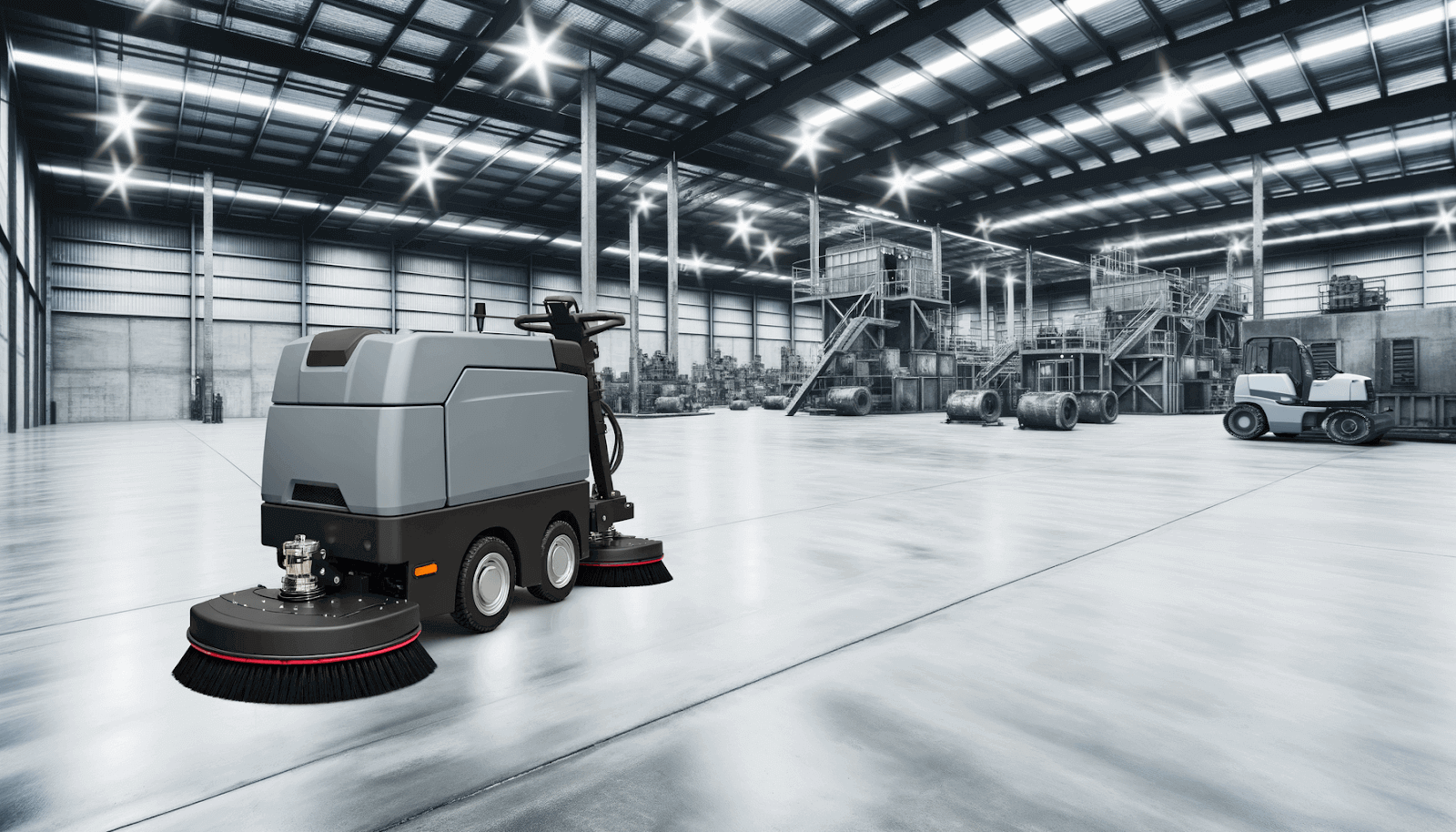
Choosing the Perfect Heavy-Duty Battery Scrubber for Large Industrial Areas
G’day! If you’re tasked with maintaining vast industrial spaces, you’ve probably pondered over the idea of investing in a heavy-duty battery scrubber. It’s a no-brainer that these powerhouses can save time, energy, and ultimately, money, by keeping large areas spick and span with minimal effort. With plenty of options on the market, which one’s the best fit for your needs? Let’s steer through this terrain and get you closer to the ideal industrial scrubber.
Understanding What an Industrial Scrubber Is
Before diving into selecting the right scrubber, it’s wise to comprehend what these robust machines do. Industrial scrubbers are intricate devices designed to eliminate pollutants like particulates and gases from industrial exhaust streams before they hit the environment. They’re key players in following air quality regulations and ensuring safeguarding public health. While traditionally used in gas treatment, floor industrial scrubbers are quite different but share the ethos of maintaining cleanliness, this time focusing on the ground you walk.
Types of Floor Scrubbers for Industrial Use
When scrutinising industrial floor scrubbers, you'll find different variants aimed at offering diverse cleaning solutions:
- Walk-Behind Scrubbers: These are manually operated and ideal for slightly smaller spaces.
- Ride-On Scrubbers: Perfect for vast areas, these allow users to clean without walking, saving on fatigue and time.
Choosing between them depends on your specific area size and ease of use requirements.
Key Factors in Choosing Your Heavy-Duty Battery Scrubber
1. Battery Capacity and Run Time
The cornerstone of any battery-powered device is its battery life. Larger areas need longer run times, so you'll want a model with a significant battery capacity. Opt for scrubbers with lithium-ion batteries if possible as they tend to offer longer life and faster charging than traditional batteries.
2. Brush Type and Cleaning Efficiency
Choosing the right brush type is pivotal. Most scrubbers offer disk or cylindrical brushes. Disk brushes are excellent for smooth, hard surfaces, delivering a shine. In contrast, cylindrical brushes excel on tougher surfaces, picking up larger debris while scrubbing. Match your brush choice to your floor type for optimum results.
3. Durability and Build Quality
The industrial environment can be harsh. Your scrubber needs to be rugged enough to withstand wear and tear. Consider scrubbers with a sturdy frame and high-grade materials, ensuring longevity and minimal maintenance.
The Benefits of Using a Heavy-Duty Battery Scrubber
Not sold on getting a scrubber just yet? Consider the numerous benefits:
- Time Savings: Cut your cleaning time significantly compared to manual labour.
- Cost Efficiency: Reduced labour costs and efficient energy consumption.
- Consistent Cleanliness: Maintain a higher standard of cleanliness consistently.
- Environmental Impact: Battery scrubbers are more environmentally friendly compared to petrol alternatives.
Optimising Your Scrubber Use
Once you’ve secured the perfect scrubber, ensure you’re getting the most from it by following a maintenance routine:
- Regular Battery Checks: Ensure your battery is in good nick, charging correctly, and has no corrosion.
- Brush Cleaning and Replacement: Clean your brushes regularly and replace them when worn out to maintain cleaning efficiency.
- Validating Water and Detergent Usage: Monitor the mix and amount of cleaning solution used to prevent wastage.
Why Go Professional with Your Cleaning Needs? A Quick Note
For those managing massive industrial spaces who find maintaining an in-house scrubber beyond reach, engaging professional cleaning services might be a wise choice. Service providers bring expertise and the right equipment ensuring immaculate results. Your focus can then remain on core operations while leaving the cleaning to the pros.
Conclusion
Choosing the best heavy-duty battery scrubber centers on understanding your needs, the area you cover, and the specific features best suited for your cleaning tasks. The right choice will not only ensure compliance with cleaning standards but also make your cleaning regime much more efficient and less time-intensive. With this guide, you're now better equipped to make an informed decision that saves you time and money, while also maintaining your industrial space’s cleanliness and safety.
Remember, the right industrial scrubber is an investment in operational efficiency and workplace safety, so choose wisely!
